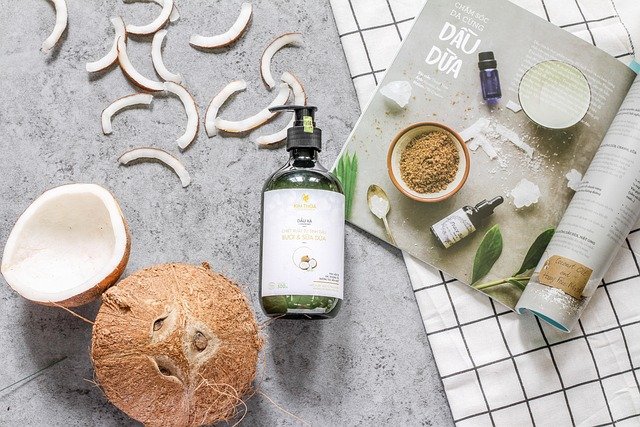The Evolution and Impact of Plant-Based Beauty
The beauty and fitness industry has always been a dynamic and evolving space, with trends and practices that constantly shift and adapt. One such trend that has been gaining significant traction in recent years is the rise of plant-based beauty. This article will delve into the historical context, key developments, current industry trends, and the benefits and impact of plant-based beauty products.

The Roots of Plant-Based Beauty
The concept of plant-based beauty is not a new phenomenon. In fact, it dates back to ancient civilizations where people used natural ingredients for their skincare routines. The Egyptians, for instance, used aloe vera for its healing properties, while the Greeks used honey as a natural moisturizer. However, the industrial revolution brought about a shift towards synthetic ingredients due to their cost-effectiveness and longer shelf life. It’s only in the past few decades that we’ve seen a resurgence in the use of plant-based ingredients, driven by a growing awareness of the potential harm caused by synthetic chemicals and a broader shift towards natural and organic lifestyles.
The Green Wave in Beauty Industry
Today, the beauty industry is experiencing a ‘green wave’, with a growing number of consumers seeking out natural, plant-based products. According to a report by Grand View Research, the global organic personal care market size was valued at USD 13.33 billion in 2018 and is expected to grow at a compound annual growth rate (CAGR) of 9.4% from 2019 to 2025. This trend is driven by factors such as increasing consumer awareness about the harmful effects of synthetic chemicals, growing demand for sustainable products, and the rise of veganism.
The Power of Plants in Beauty Products
Plant-based beauty products offer a host of benefits, both for our skin and the environment. They are typically free from harsh chemicals, making them gentler and less likely to cause irritation or allergic reactions. Many plant-based ingredients also have potent healing and anti-aging properties. For instance, green tea extract is known for its antioxidant properties, while rosehip oil is renowned for its ability to hydrate and reduce signs of aging.
Moreover, plant-based beauty products are often more sustainable than their synthetic counterparts. They require fewer resources to produce and are more biodegradable, reducing their environmental impact.
The Market Relevance and Industry Impact
The rise of plant-based beauty is reshaping the beauty industry in significant ways. Brands are increasingly highlighting the natural ingredients in their products and are investing in research and development to discover new plant-based compounds that can deliver superior results.
Moreover, the trend is also driving regulatory changes in the industry. For instance, in 2018, the European Union banned the use of certain synthetic ingredients in beauty products, paving the way for more natural alternatives.
The Future of Plant-Based Beauty
Looking ahead, the future of plant-based beauty looks promising. As consumers become more educated about the ingredients in their beauty products and the impact of these products on their health and the environment, the demand for plant-based beauty products is likely to continue to grow. Moreover, advances in technology and research are likely to uncover new plant-based ingredients and formulations, further driving the evolution of this trend.
In conclusion, plant-based beauty represents a significant shift in the beauty industry, driven by changing consumer preferences and a growing awareness of the benefits of natural ingredients. As this trend continues to evolve, it will be interesting to see how it shapes the future of the beauty industry.






